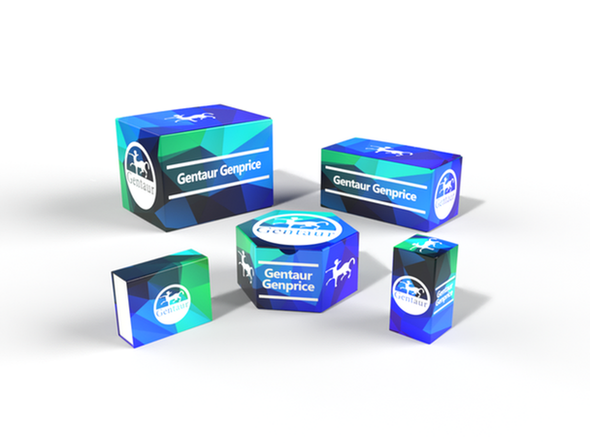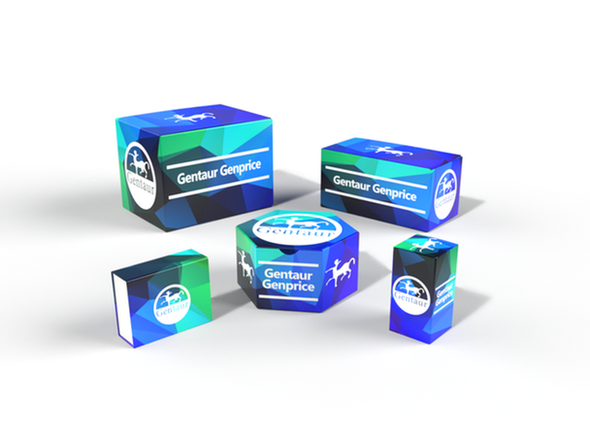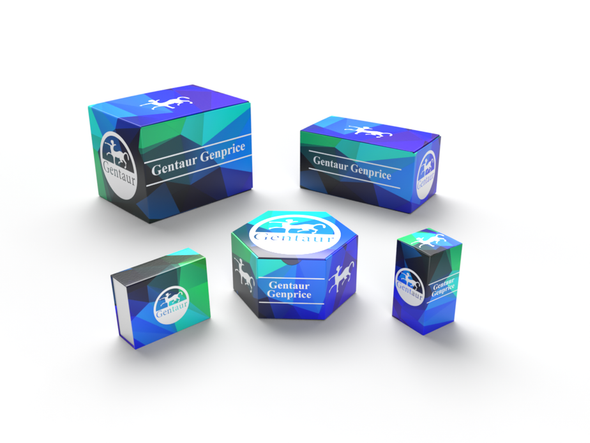740
Human RAC-alpha serine/threonine-protein kinase (AKT1) ELISA Kit | AE19368HU
- SKU:
- 740-AE19368HU
- Availability:
- Usually ships in 5 working days
Description
Human RAC-alpha serine/threonine-protein kinase (AKT1) ELISA Kit | AE19368HU | Gentaur UK, US & Europe Distribution
Species Reactivity: Human (Homo sapiens)
Abbreviation: AKT1
Alternative Name: AKT; MGC99656; PKB; PKB-ALPHA; PRKBA; RAC; RAC-ALPHA; AKT1 kinase|RAC-alpha serine/threonine-protein kinase|protein kinase B|rac protein kinase alpha
Application: ELISA
Range: 0.156-10 ng/mL
Sensitivity: 0.054 ng/mL
Intra-Assay: ≤5.3%
Inter-Assay: ≤8.1%
Recovery: 0, 94
Sample Type: Serum, Plasma, Other biological fluids
Detection Method: Sandwich
Analysis Method : Quantitive
Test Principale: This assay employs a two-site sandwich ELISA to quantitate AKT1 in samples. An antibody specific for AKT1 has been pre-coated onto a microplate. Standards and samples are pipetted into the wells and anyAKT1 present is bound by the immobilized antibody. After removing any unbound substances, a biotin-conjugated antibody specific for AKT1 is added to the wells. After washing, Streptavidin conjugated Horseradish Peroxidase (HRP) is added to the wells. Following a wash to remove any unbound avidin-enzyme reagent, a substrate solution is added to the wells and color develops in proportion to the amount of AKT1 bound in the initial step. The color development is stopped and the intensity of the color is measured.
Product Overview: The serine-threonine protein kinase encoded by the AKT1 gene is catalytically inactive in serum-starved primary and immortalized fibroblasts. AKT1 and the related AKT2 are activated by platelet-derived growth factor. The activation is rapid and specific, and it is abrogated by mutations in the pleckstrin homology domain of AKT1. It was shown that the activation occurs through phosphatidylinositol 3-kinase. In the developing nervous system AKT is a critical mediator of growth factor-induced neuronal survival. Survival factors can suppress apoptosis in a transcription-independent manner by activating the serine/threonine kinase AKT1, which then phosphorylates and inactivates components of the apoptotic machinery.
Stability: The stability of ELISA kit is determined by the loss rate of activity. The loss rate of this kit is less than 5% within the expiration date under appropriate storage condition. The loss rate was determined by accelerated thermal degradation test. Keep the kit at 37°C for 4 and 7 days, and compare O.D.values of the kit kept at 37°C with that of at recommended temperature. (referring from China Biological Products Standard, which was calculated by the Arrhenius equation. For ELISA kit, 4 days storage at 37°C can be considered as 6 months at 2 - 8°C, which means 7 days at 37°C equaling 12 months at 2 - 8°C) .










